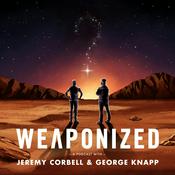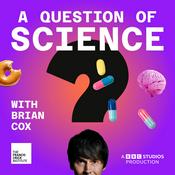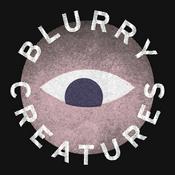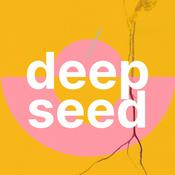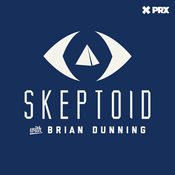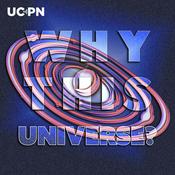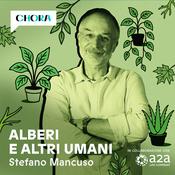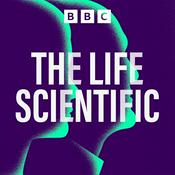36 episodes
- Becky Ripley and Emily Knight discover the hairy history of the human kiss. Where did it come from? Why do we like doing it? And how is it good for us?
Featuring Dr Adriano Lameira, primatologist turned evolutionary psychologist from the University of Warwick, and Dr Dean Burnett, neuroscientist, lecturer, and author of The Idiot Brain and The Happy Brain, among others. Produced and presented by Emily Knight and Becky Ripley. - How do we extract the maximum amount of power from the sun? Becky Ripley and Emily Knight enlist the help of a giant, thousand-year old clam. And end up in the depths of space...
Featuring Professor Alison Sweeney at Yale University, and Mike Garrett from the Jodrell Bank Centre for Astrophysics.
Produced and presented by Emily Knight and Becky Ripley - Why do animals move the way they do? And why do we humans love to run? Becky Ripley and Emily Knight enlist dogs, horses, armadillos, and some uncooperative rabbits to find out.
Featuring Professor Lewis Halsey from the University of Roehampton, and Dr Andrew Yegian from Harvard University.
Produced and presented by Emily Knight and Becky Ripley. - Do lower voices demand more power? Do we take them more seriously? And is this a bias that needs to be challenged more in today’s world? Becky Ripley and Emily Knight compare the bellowing roars of red deer stags to dig deeper into the psychology of human and animal voice.
Featuring David Reby, Professor of Ethology at Jean Monnet University, and David Puts, Professor of Anthropology at Pennsylvania State University. Produced and presented by Emily Knight and Becky Ripley. - Why do we help each other out? Even when it gets us nothing in return? Becky Ripley and Emily Knight explore the existence of altruism, with the help of some mischievous magpies.
Featuring Professor Dominique Potvin from the University of the Sunshine Coast, and Dr Abigail Marsh from Georgetown University.
Produced and presented by Emily Knight and Becky Ripley.
More Science podcasts
Trending Science podcasts
About Naturebang
Becky Ripley and Emily Knight make sense of what it means to be human by looking to the natural world... Science meets storytelling with a philosophical twist.
Podcast websiteListen to Naturebang, Hidden Brain and many other podcasts from around the world with the radio.net app
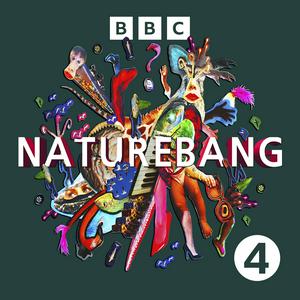
Get the free radio.net app
- Stations and podcasts to bookmark
- Stream via Wi-Fi or Bluetooth
- Supports Carplay & Android Auto
- Many other app features
Get the free radio.net app
- Stations and podcasts to bookmark
- Stream via Wi-Fi or Bluetooth
- Supports Carplay & Android Auto
- Many other app features


Naturebang
Scan code,
download the app,
start listening.
download the app,
start listening.










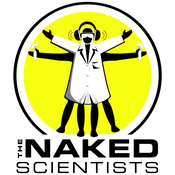
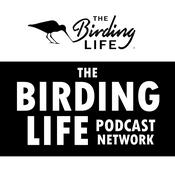
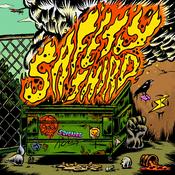





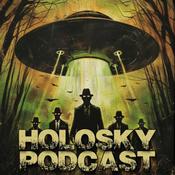

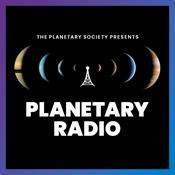
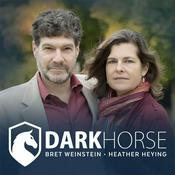
![Podcast Cosmosis [Formerly The UFO Rabbit Hole]](https://za.radio.net/podcast-images/175/the-ufo-rabbit-hole-podcast.jpeg?version=c4cfeed14331265219e0263fd62be755644a8cf4)
